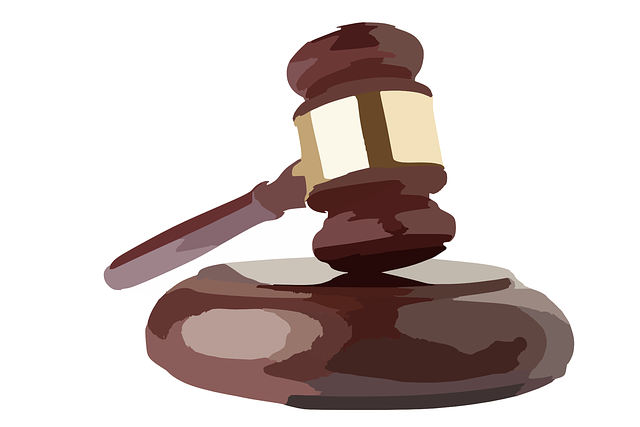Contempt charges, stemming from willful disregard for court orders, carry significant penalties. Effective defense involves understanding allegations, gathering evidence, using legal precedents, and cooperating with judicial processes. Contempt legal strategies, including motions to show cause and sanctions, are crucial for fair resolutions in civil litigation, emphasizing the importance of adhering to court authority.
Understanding contempt obligations is crucial in navigating legal proceedings. This article delves into the intricacies of defining contempt, exploring legal basics and specific obligations. We also provide effective strategies for defending against contempt charges, highlighting key steps to mitigate potential risks. Additionally, we discuss enforcing contempt orders and available legal recourse, offering valuable insights for all stakeholders. Discover expert tips on managing and resolving contempt issues through proven legal strategies.
- Defining Contempt: Legal Basics and Obligations
- Strategies for Defending Against Contempt Charges
- Enforcing Contempt Orders and Legal Recourse
Defining Contempt: Legal Basics and Obligations

Contempt is a legal term with significant implications, referring to the willful failure or refusal to comply with a court order or engage in conduct that obstructs justice. It’s a powerful tool in ensuring respect for judicial processes and maintaining the integrity of legal proceedings. When an individual or entity fails to meet their legal obligations, it can lead to contempt charges, which carry severe consequences.
The basics of contempt law involve understanding specific acts considered contumacious, such as ignoring subpoenas, failing to appear in court, or disrupting trials. Legal strategies to address contempt often include motions to show cause, where the alleged contemnor must demonstrate why they haven’t complied with the order. If found in contempt, remedies can range from fines and imprisonment to more tailored solutions, depending on the nature of the offense and its impact on the legal process.
Strategies for Defending Against Contempt Charges

Facing contempt charges can be a daunting prospect, but there are several legal strategies that individuals and organizations can employ to defend themselves. One key approach is to understand the specific allegations and gather compelling evidence to refute them. This may involve providing detailed records, witness testimonies, or expert opinions to demonstrate that any perceived contemns was not intentional or resulted from reasonable actions.
Additionally, exploring legal precedents related to contempt of court can be invaluable. Prior cases can offer insights into what constitutes acceptable behavior and help build a robust defense. It’s also crucial to remain cooperative with the judicial process, attending hearings promptly, and respecting the authority of the court. Engaging experienced legal counsel who specializes in contempt matters is essential for navigating these complex issues effectively.
Enforcing Contempt Orders and Legal Recourse

Contempt orders are powerful tools in civil litigation, designed to ensure compliance with court-mandated obligations. However, enforcing these orders can be a complex process, often requiring legal expertise. If a party fails to adhere to the terms of a contempt order, it opens the door to various legal consequences.
Legal professionals employ diverse strategies to address contempt, including motions to show cause, where the court examines the reasons for non-compliance. Sanctions, such as fines or jail time, may be imposed to encourage obedience. Alternatively, lawyers can negotiate modifications to the original order, tailored to the unique circumstances of each case. Understanding these contempt legal strategies is crucial for both parties involved, ensuring a fair and just resolution.






